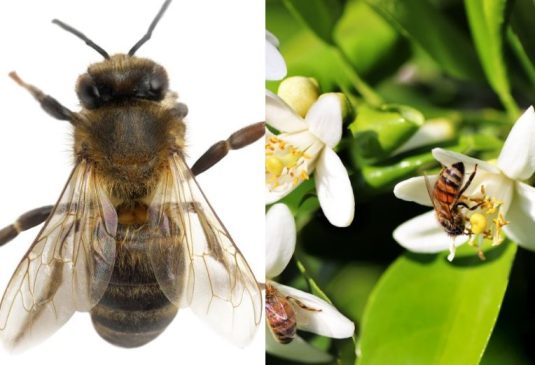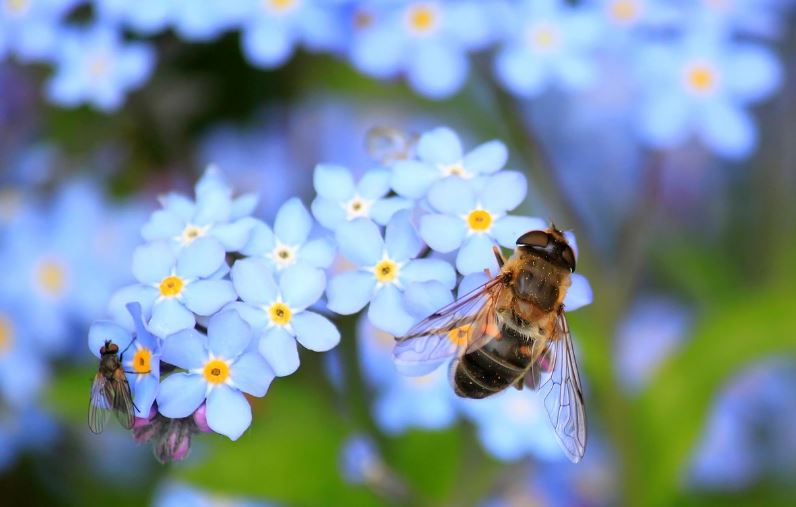There are currently between 80 million and 100 million maintained beehives across the world. Each of these hives contains between 10,000 and 60,000 bees, implying that there are possibly billions of bees in the planet.
The world’s bee population is critical to the health and stability of our ecosystems. Bees pollinate a broad range of plants, including many fruits and vegetables that comprise a substantial amount of the human diet.
How Many Species of Bees Are There?
There are around 20,000 species of bees in the globe, with many of them being solitary and not living in hives. The western honey bee (Apis mellifera) is the most widely managed pollinator in the world, according to the Intergovernmental Science-Policy Platform on Biodiversity and Ecosystem Services (IPBES).
What Are the Threats to Bees?
Some of the most serious risks to bee populations include habitat loss, pesticide usage, illness, and climate change. Bees may be deprived of food and breeding grounds if habitats are destroyed or changed.

Pesticides may be hazardous to bees, and illnesses can swiftly spread across hives and devastate populations. Finally, climate change can impact the availability of food supplies and the timing of blooms, causing bee numbers to decline.
Final Thoughts
Finally, bees play a crucial role in the health and stability of our ecosystems, thus it is critical to assess their numbers and changes. While the actual number of bees in the globe is impossible to quantify, it is apparent that they are experiencing several issues such as habitat loss, pesticides, and climate change. To preserve the continuing health of our world, we must take efforts to safeguard and sustain bee populations.
Read Also:
Al Mahmud is a breaking-news reporter in The Maryland Post’s USA, covering news as it unfolds in the United States and around the globe during overnight and early morning hours in Maryland. He is a graduate of the School of Social Science, Dhaka International University, with a degree in Sociology.
